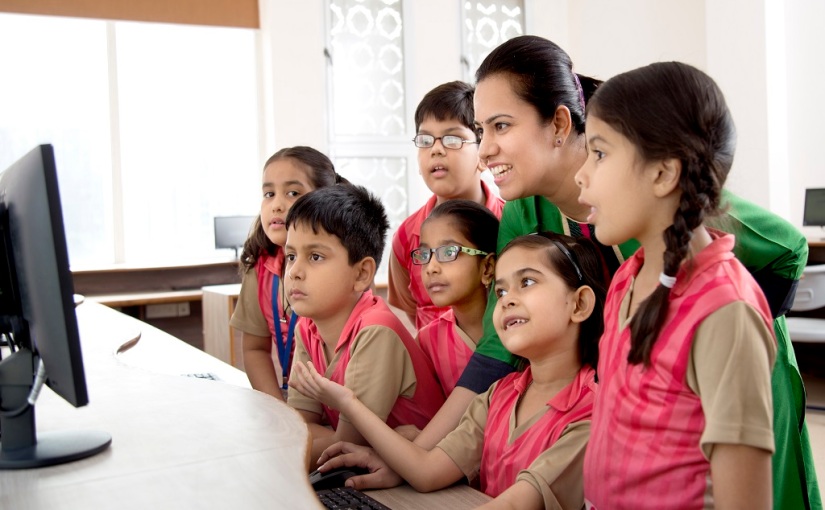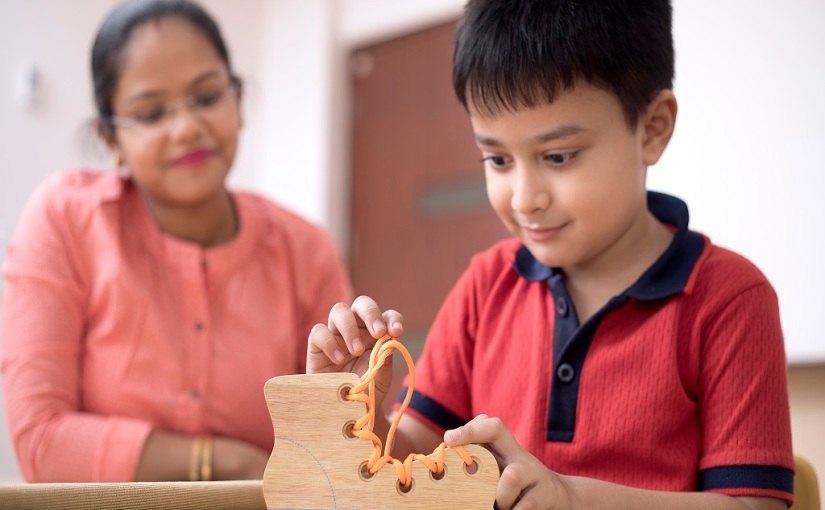The Constitution of India defines ‘a child’ as ‘every human being below the age of 18 years.’ The Constitution regards them as a separate legal entity under the Indian Judicial System. This age limit is also regarded as the criteria for attaining a voter card, driving license, and solemnizing marriage.
At Gurukul The School, one of the CBSE schools in Ghaziabad, we firmly believe that if you don the hat of a parent, it becomes obligatory for you to recognize your child’s rights, provided under The Constitution of India.
The Constitution of India grants all persons under the age of 18 some special specific rights, which are:
- Article 21A
‘The State shall provide free and compulsory education to all children of the age of six to fourteen years in such manner as the State may, by law, determine.’
This right is in furtherance of Article 21, which states The Right to Life and Dignity. According to the State’s highest court, The Supreme Court, ‘a dignified life of an individual cannot be assured unless the right to education accompanies it.’
Article 21A gives consideration to the following aspects:
- Here, the term education mentioned includes the education till the elementary level of school.
- The term school mentioned here is deemed to be any neighborhood school.
- Here, the obligation to provide education falls upon the government at the Centre, State, and Taluka levels.
- The term free used here means no child is liable to pay any fees that further deter him from pursuing education.
- Here admission to the class appropriate to the age of the child to be done
- This article also provides for the prohibition of any sort of physical punishment and mental harassment of the children
Website: https://gurukultheschool.com/blog/are-you-aware-of-your-childs-rights-under-indian-constitution/

